Star Trek: Discovery:
This Is So Much 'Not Your Father's Star Trek' That It might Not Even Be Star Trek
Having launched on television in the mid-1960’s, the Gene Roddenberry creation remains one of Science Fiction’s oldest and most fondly revered franchises. Having gone through several incarnations, the property has told an incredible number of stories – big ones, short ones, complex ones, and even silly ones – and yet it continues trying to have something to say about the human condition after fifty-plus years. One might just wish to address the topic by saying it’s a commodity that’s proven how to ‘live long and prosper,’ but its fans are owed more than just a few simple words, especially ones taken from the show’s greatest catch phrases.
Like so many, I mourned the death of Star Trek: Enterprise, and I say that honestly as one who didn’t watch all of the show’s run. (In fact, I’ve only seen the first two seasons fully along with a smattering of episodes from seasons three and four.) While it certainly wasn’t my favorite (far from it), I suspected – as did so many – that the end of Enterprise would spell the TV death of the Federation: warp engines would be taken offline, life support would failed, and each and every member of the crew would toss their uniforms into mothballs. Fandom would be left waiting – and wanting – for several years, as anyone who knew what the Kobayashi Maru was could tell you Trek would inevitably be back.
It did return – theatrically, anyway – and fandom was split.
Gone were the familiar Kirk, Spock, and company. In their place, Paramount presented an all-new roster. With the help of Hollywood wunderkind JJ Abrams, Star Trek came back younger, fresher, and making vastly much less sense. The morality plays which had cemented so much of the franchise’s foundation were instead replaced with lens flare, non-stop action sequences, and even an unlikely love story. While it didn’t look like Trek, ‘Trek’ was still what the studio called it.
Even some of the property’s oldest supporters called foul. Nicholas Meyer – the writer/director who helped bring elements of Star Trek II, III, IV, and VI to the silver screen – remarked in an interview: “And I think the biggest thing that shocked me about J.J. was Spock beating the shit out of somebody, and thinking, ‘No, that’s changing the shape of the bottle.’ And it may be very entertaining, and it may make a gazillion dollars, but that’s changing the shape of the bottle.” Clearly, what he meant was that Star Trek was no longer stellar, much less ‘Star Trek.’
Perhaps “changing the shape of the bottle” is precisely what Paramount intended all along: the studio has dipped back into Trek’s water for yet another iteration, and that brings us to the premiere of Star Trek: Discovery. Instead of putting this version of television where the very best hours of the property have always unfolded, CBS has opted to lure fans with the airing of Part 1 of a two-part telefilm and then requiring interested persons to subscribe to their internet streaming platform to watch its conclusion and its subsequent episodes. In other words, they’re only giving you half the story – if not only one-thirteenth (it’s a thirteen-episode season) – while asking you to pay for it.
Like so many online have already said, I’m a bit disillusioned with the whole prospect of having to subscribe in order to continue enjoying Star Trek; and I say this with full knowledge that streaming has well been marked and marketed as the entertainment setting of tomorrow. Logistically, you take a property as forward thinking as Trek has often been, and it makes perfect sense to pair that thematically up with a platform promising big things. (Mind you, so far CBS’s AllAccess ponies up a vast array of two, three, and four-decades old sitcoms, but “it is what it is.”) And, yes, I’ve read the “per episode breakdown” as well as the many diatribes written by folks who suggest subscribing then canceling it once the season has ended. Were I all that impressed with Part 1, then I probably would’ve entertained something along those lines … but therein lies the risk.
Traditional television shows rarely hit one “outta the park” with pilot hours. In some cases, networks have been known to ask producers to retool a first episode, occasionally even recasting major players as the chosen ensemble doesn’t seem to be working. Frankly, there’s a lot of ground to be covered in most first hours as storytellers have only so much screen time to introduce the cast, the world, and its related circumstances. Heck, even the original Star Trek endured the unimaginable for its day as NBC gave Roddenberry another shot to get the show right (their words, not mine) by suggesting he try again with a second pilot, one which met with their expectations. To make matters worse, the peacock network’s suits even suggested that Roddenberry drop the Spock character completely, a sentiment he (thankfully) disagreed with and persisted. Were viewers required to decide whether or not a show should last based entirely on a premiere, dare I suggest that a good many of TV’s best shows might not have survived a first season?
In order to perhaps entice the kind of response CBS desired, it’s pretty clear that “The Vulcan Hello” pulled out all of the stops, dishing out the kind of epic, cinematic feel one rarely sees on the small screen. The audience was treated to some solid, expansive cinematography, much of which was obviously enhanced with the latest and greatest CGI (computer-generated imagery) along with a pulse-pounding pace necessary to reel viewers in to the conflict, but – despite all of the posturing – very little of “Hello” made much narrative sense.
The risk any storyteller takes in trying to divulge too much too fast is that all of the exposition ends up feeling more than a bit clunky. Granted, the script from Bryan Fuller (an admitted die-hard Trekkie who vacated the project not long after it began) and Alex Kurtzman (an admitted hater of all Things traditionally considered Star Trek) covers a lot of ground with relative ease thanks to David Semel’s direction (which amounted to a lot of quick, flashy dialogue and heavily tilted camera angles); but Discovery feels like something joined “in progress” wherein the onscreen participants clearly know where it’s all heading and they’re trying very hard to keep those reveals secret.
There’s almost an insistency inherent with the roughly sixty minutes that implies, “Just go with it, and you’ll like where we take you,” or maybe it’s more simply stated as “Trust us.” The story – what little there is – keeps spooling whether you understood what just happened or not. “Don’t ask about the Klingons. Don’t ask what we’re doing with their dead.” All the while, the cast and crew are hoping you don’t ask how it was their communicators couldn’t work in that storm blowing in throughout the episode’s opening sequence while expecting you to unquestionably accept that the ship’s navigator was simply watching (from space!) the captain and her first officer walking about a planet’s surface!
“See what we did there? Didn’t it look nice?”
Uh … why did the captain know what she was doing and her first officer didn’t? With that storm bearing down on them, how could she NOT notice they were walking in a circle?
“Don’t look over there, but look over here!”
Well … maybe … but I still didn’t believe it.
See, Discovery had no sense of humanity. In its place, the showrunners have substituted conflict; and I suspect that they’re hoping conflict will serve as a reasonable substitute. It might – it certainly worked for Syfy’s retooling of the classic Battlestar Galactica on their network, but Syfy didn’t ask viewers to pay extra in order to explore theirs. (Yes, you were already paying for cable, but you get my drift.)
All of this said, I could still make an argument that Discovery will likely improve.
As I mentioned above, first episodes have an unforgiving amount of terrain to cover, and many of my qualms might very well have been cleared up in Episode 2 (for all I know). Plus, the show has a terrifically gifted cast, and I suspect they’re working hard behind-the-scenes to keep each other and their writers on their toes. Lastly, I noticed in the credits that Akiva Goldsman is part of the writing and production staff; and there are few creative folks working in the industry today who can do with a show what Goldsman can. (See Fox TV’s Fringe for an indication, if you’re really interested.)
So even though it’s first hour didn’t impress me, I’m thrilled that Star Trek is back. Let’s just hope that the suits at Paramount can finally figure out what it’s supposed to be.

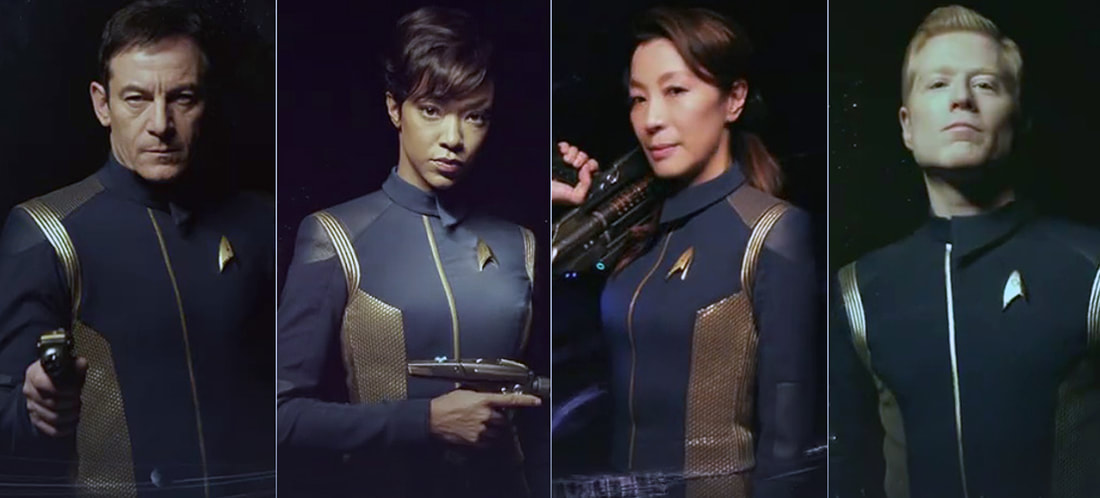
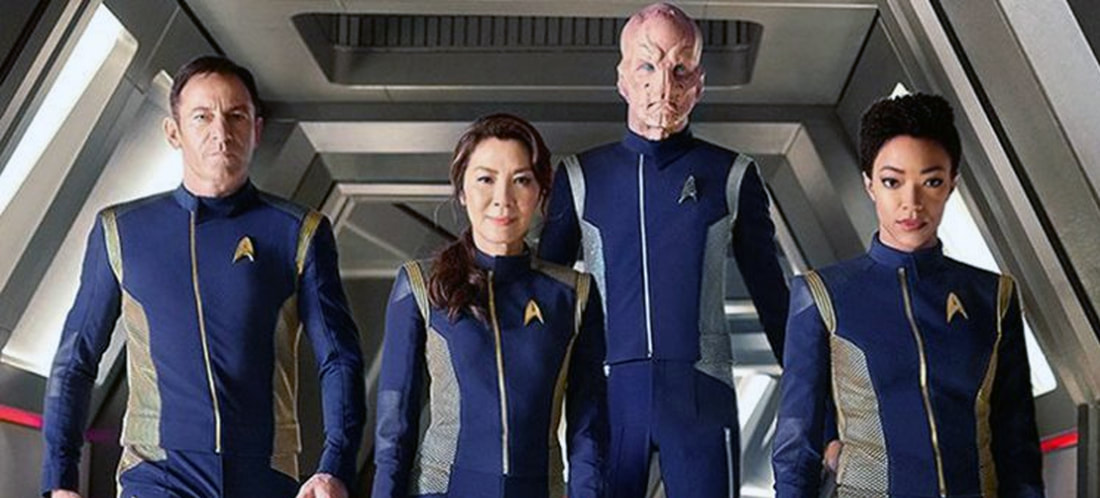
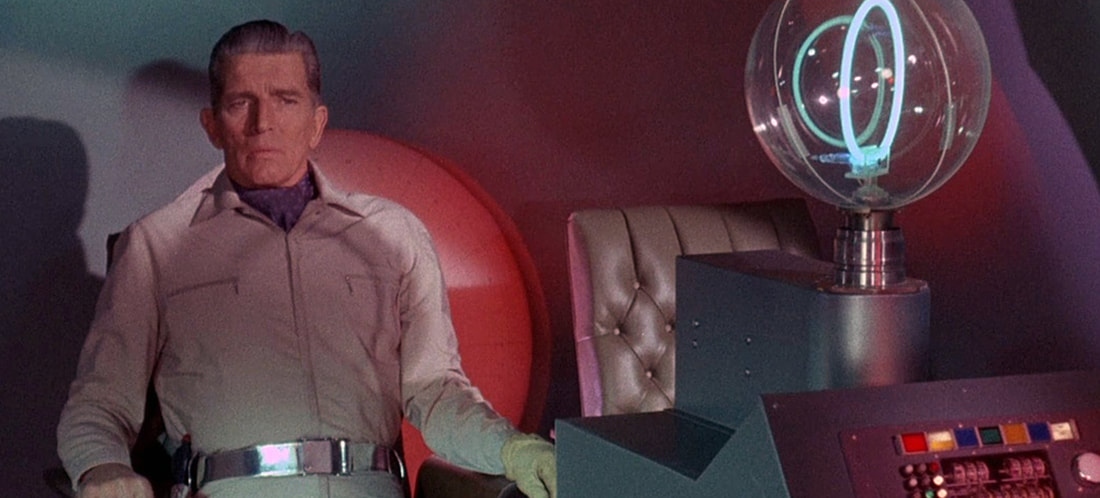
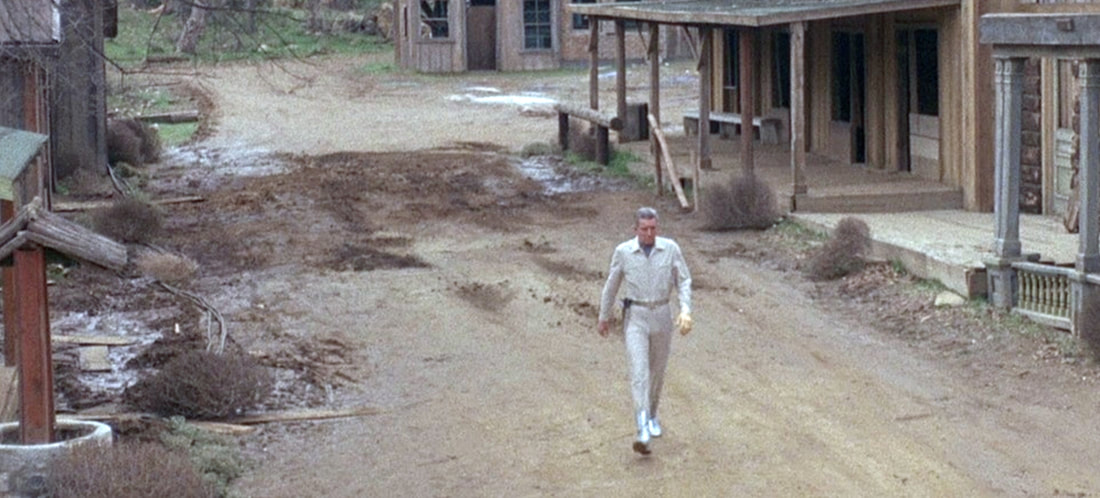
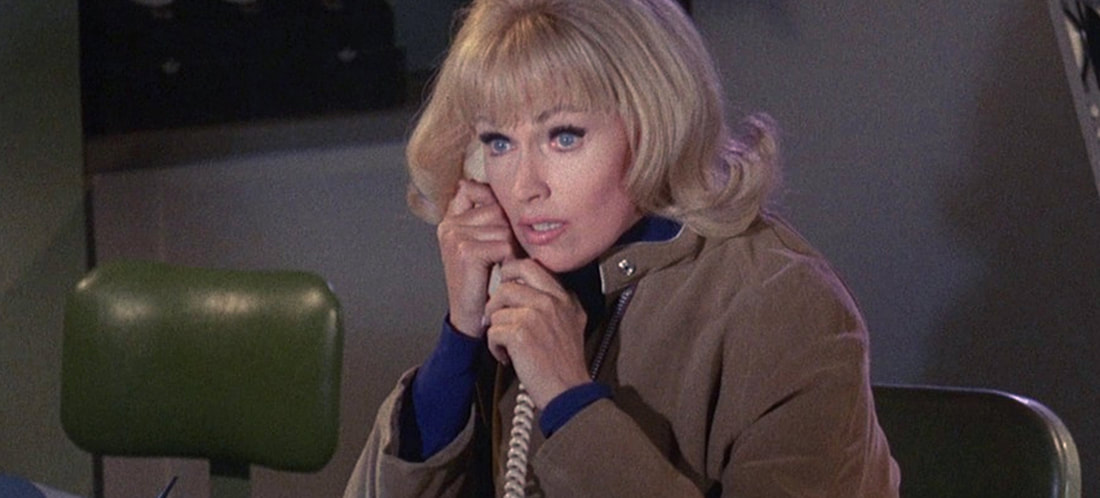
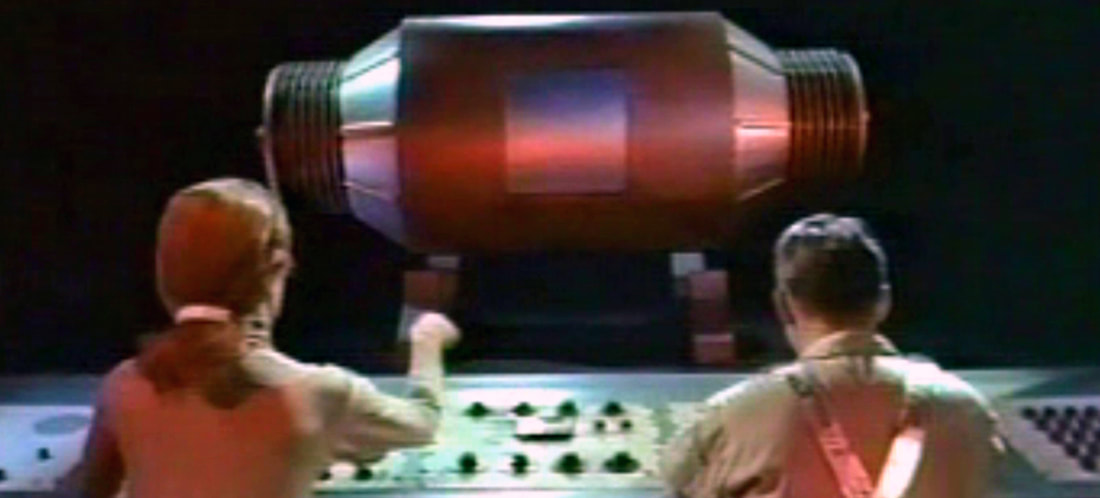
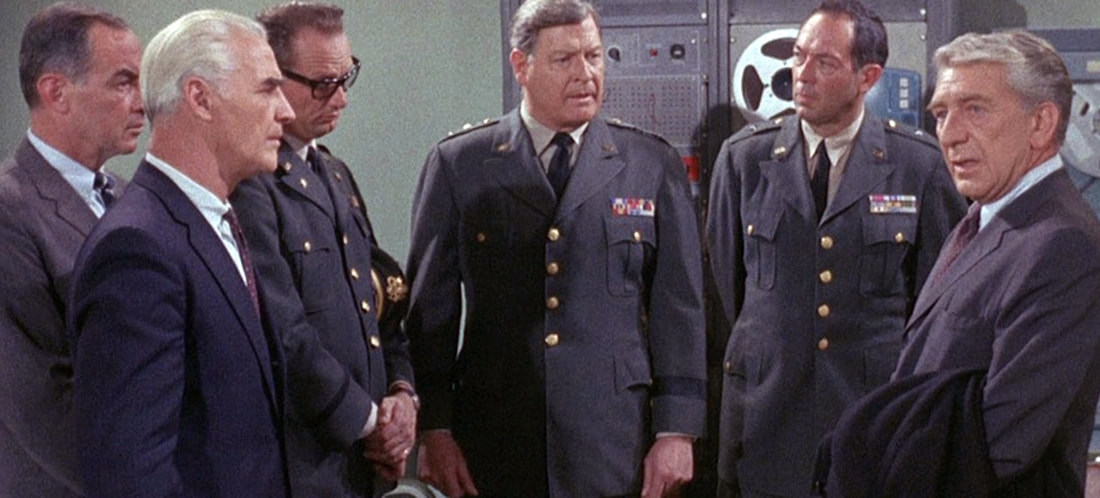
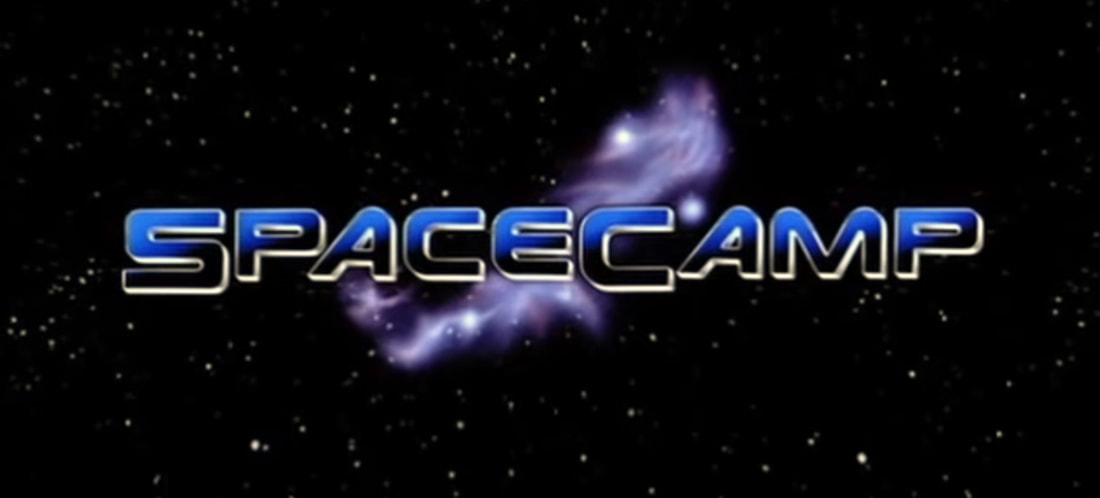
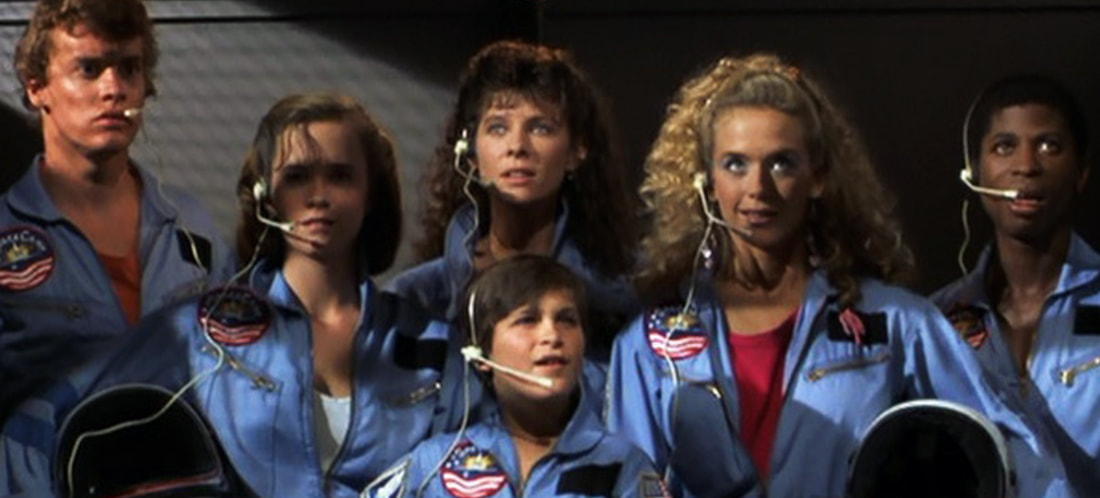
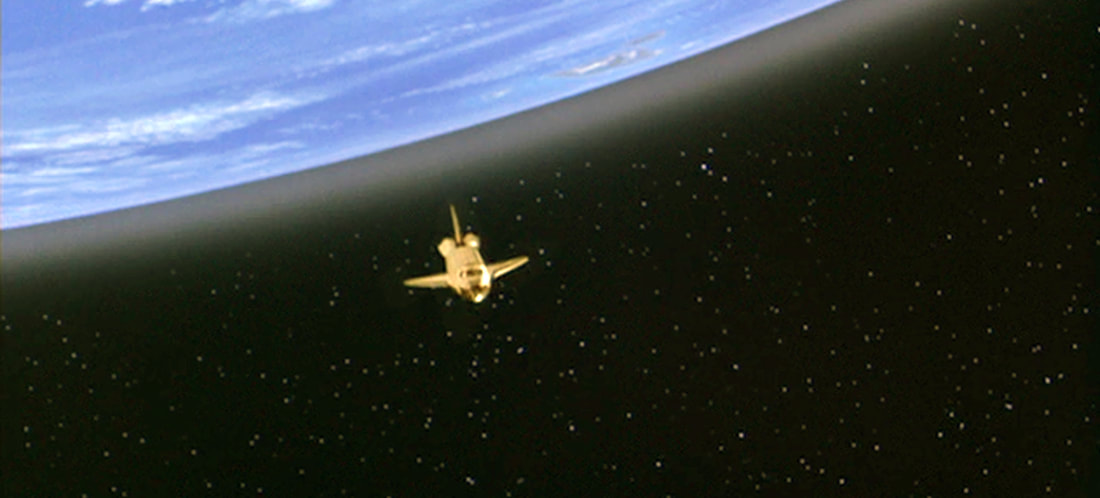
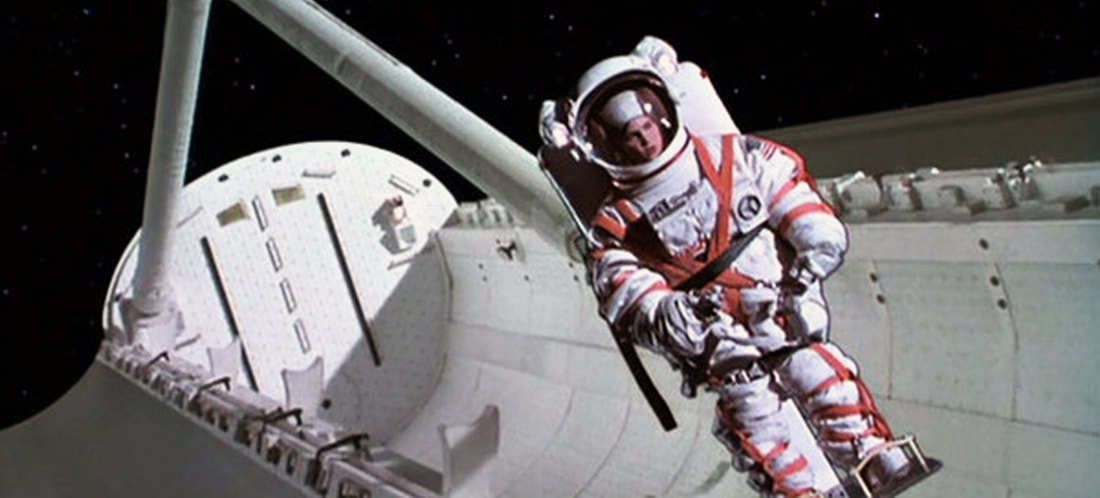
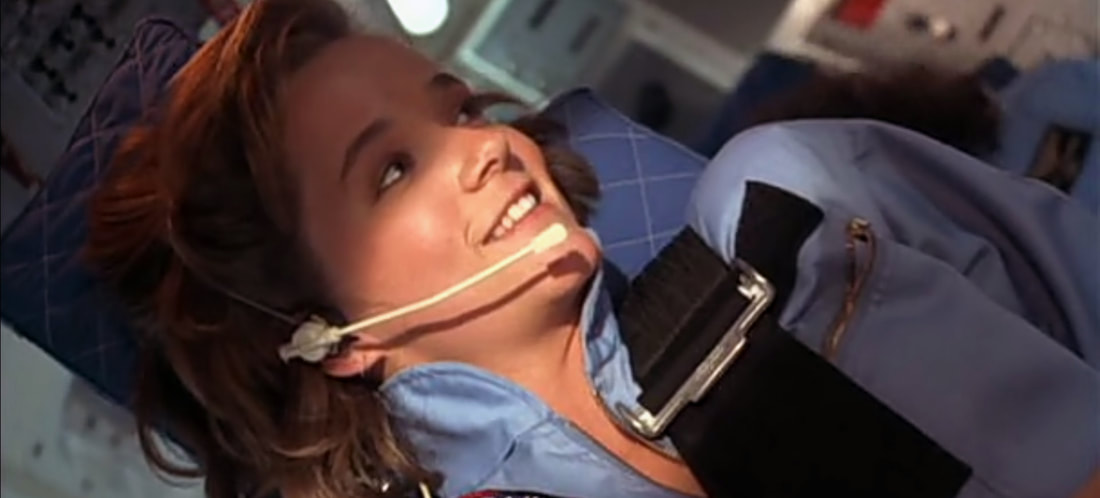
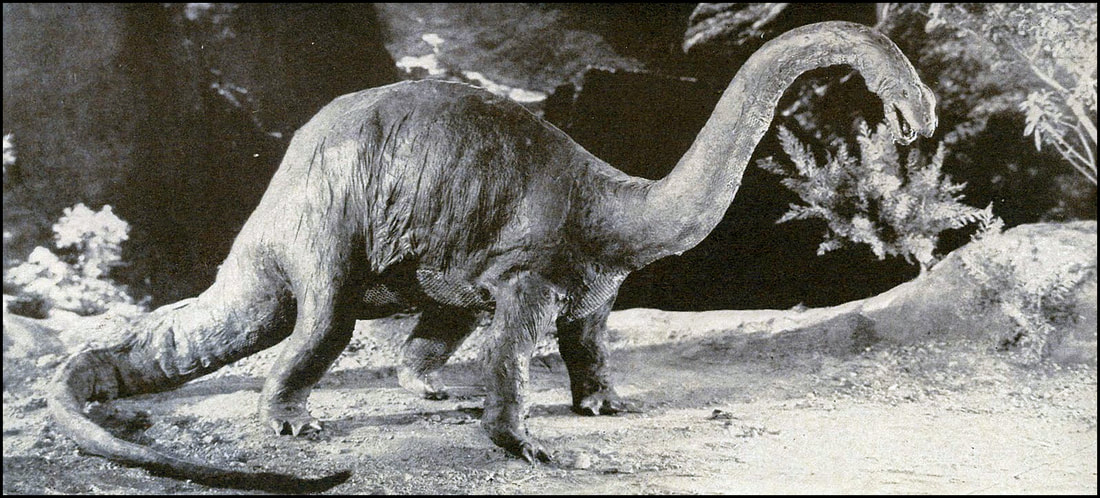
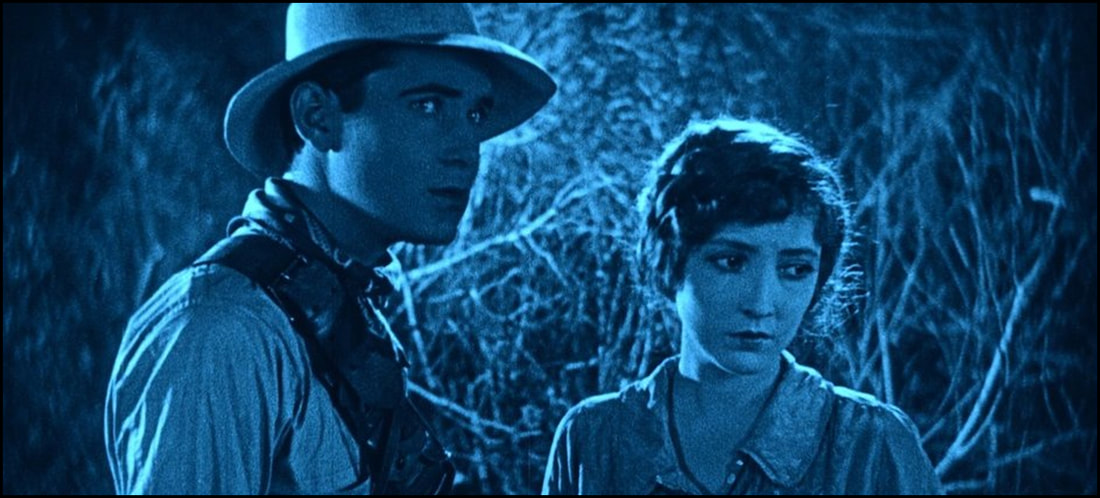
 RSS Feed
RSS Feed